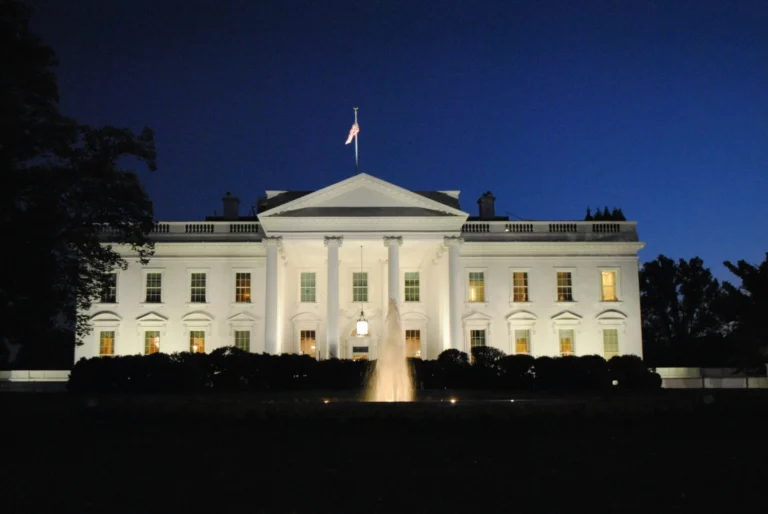By Cliff Montgomery – Sept. 4th, 2018
In the early 1940s, George Orwell wrote an allegorical tale about animals who take over a farm in the name of equal rights for all beasts – and how the animals who led the revolt slowly ruined it through vicious squabbles over who should lead the revolution.
Animal Farm, Orwell’s dystopian satire of Stalinist Russia, was born.
Today, the tale is a celebrated addition to world literature. But as any professional writer knows, editors and publishers often run away from the most truthful works precisely because their truths are clear to all.
Animal Farm was soundly rejected by a number of well-known publishing houses in England and the United States before London’s Secker and Warburg finally bought the manuscript. It was published in 1945.
Orwell wrote a short essay entitled, The Freedom of the Press, which he originally intended as a preface to his little allegory.
The essay dealt with the matter of commercial – and especially corporate – censorship, and how it serves as a means of keeping and maintaining power. To Orwell, it is at least as dangerous as an official suppression of facts utilized by any government agency.
Orwell made this clear. In Freedom of the Press, he wrote:
“The chief danger to freedom of thought and speech at this moment is not the direct interference of … any official body. If publishers and editors exert themselves to keep certain topics out of print, it is not because they are frightened of prosecution but because they are frightened of public opinion.
“In this country intellectual cowardice is the worst enemy a writer or journalist has to face. … The sinister fact about literary censorship in England [or the United States] is that it is largely voluntary.”
Orwell then pointed out how easy it is for large corporate powers to shape and mold public opinion:
“Unpopular ideas can be silenced, and inconvenient facts kept dark, without the need for any official ban. Anyone who has lived long in a foreign country will know of instances of sensational items of news — things which on their own merits would get the big headlines — being kept right out of the [U.S.] press, not because the Government intervened but because of a general tacit agreement that ‘it wouldn’t do’ to mention that particular fact.
“So far as the daily newspapers go,” Orwell continued, “this is easy to understand. The [U.S.] press is extremely centralized, and most of it is owned by wealthy men who have every motive to be dishonest on certain important topics.
“But the same kind of veiled censorship also operates in books and periodicals, as well as in plays, films and radio,” he added.
“At any given moment there is an orthodoxy, a body of ideas which it is assumed that all right-thinking people will accept without question. It is not exactly forbidden to say this, that or the other, but it is ‘not done’ to say it, just as in mid-Victorian times it was ‘not done’ to mention trousers in the presence of a lady,” Orwell stated.
“Anyone who challenges the prevailing orthodoxy finds himself silenced with surprising effectiveness. A genuinely unfashionable opinion is almost never given a fair hearing, either in the popular press or in the highbrow periodicals,” he succinctly declared.
Orwell then zeroed in on Big Money’s false rationale:
“The reaction towards [an unfashionable opinion] of most … intellectuals will be quite simple: ‘It oughtn’t to have been published.’ Naturally, those reviewers who understand the art of denigration will not attack it on political grounds but on literary ones. They will say that it is a dull, silly book [or any other kind of work] and a disgraceful waste of paper,” he pointed out.
“This may well be true,” Orwell then retorted, “but it is obviously not the whole of the story. One does not say that a book ‘ought not to have been published’ merely because it is a bad book. After all, acres of rubbish are printed daily and no one bothers.
“The … intelligentsia, or most of them, will object to this … [or that work] because it traduces their Leader and (as they see it) does harm to the cause of progress. If it did the opposite they would have nothing to say against it, even if its literary faults were ten times as glaring as they are,” he wrote.
Finally, Orwell comes to the crux of the matter:
“The issue involved here is quite a simple one: Is every opinion, however unpopular — however foolish, even — entitled to a hearing? Put it in that form and nearly any … intellectual will feel that he ought to say ‘Yes.’
“But give it a concrete shape, and ask, ‘How about an attack on … [your leader or a cause dear to you]? Is that entitled to a hearing?’ and the answer more often than not will be ‘No.’
“In that case the current orthodoxy happens to be challenged, and so the principle of free speech lapses,” Orwell pointed out.
“If one loves democracy, the argument runs, one must crush its enemies by no matter what means. [But] who are its enemies? It always appears that they are not only those who attack it openly and consciously, but those who ‘objectively’ endanger it by spreading mistaken doctrines,” he adds.
“In other words, defending democracy involves destroying all independence of thought,” declared Orwell.
“These people don’t see that if you encourage totalitarian methods, the time may come when they will be used against you instead of for you,” he added.
Now, corporate opinion-shapers like Twitter, Facebook and YouTube are banning posts they label ‘fake news’ – which is just dumb-speak for ‘mistaken doctrines’ – for the same reason many companies refused to publish Animal Farm in the 1940s.
In the name of ‘defending democracy’, our current corporate gatekeepers are working around the clock to destroy all independence of thought.





